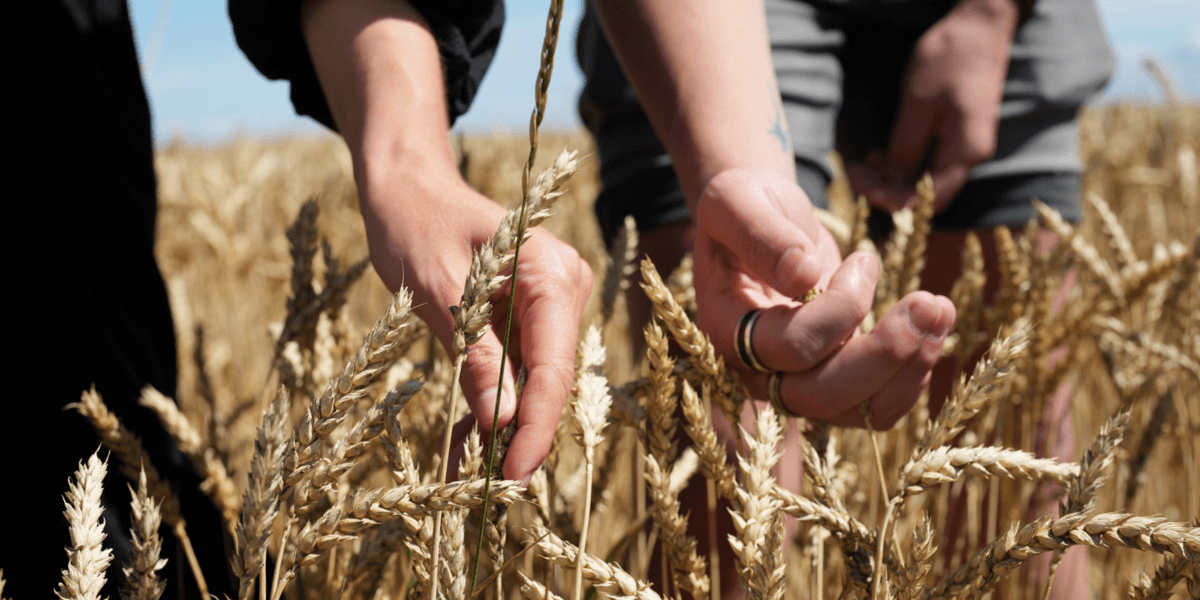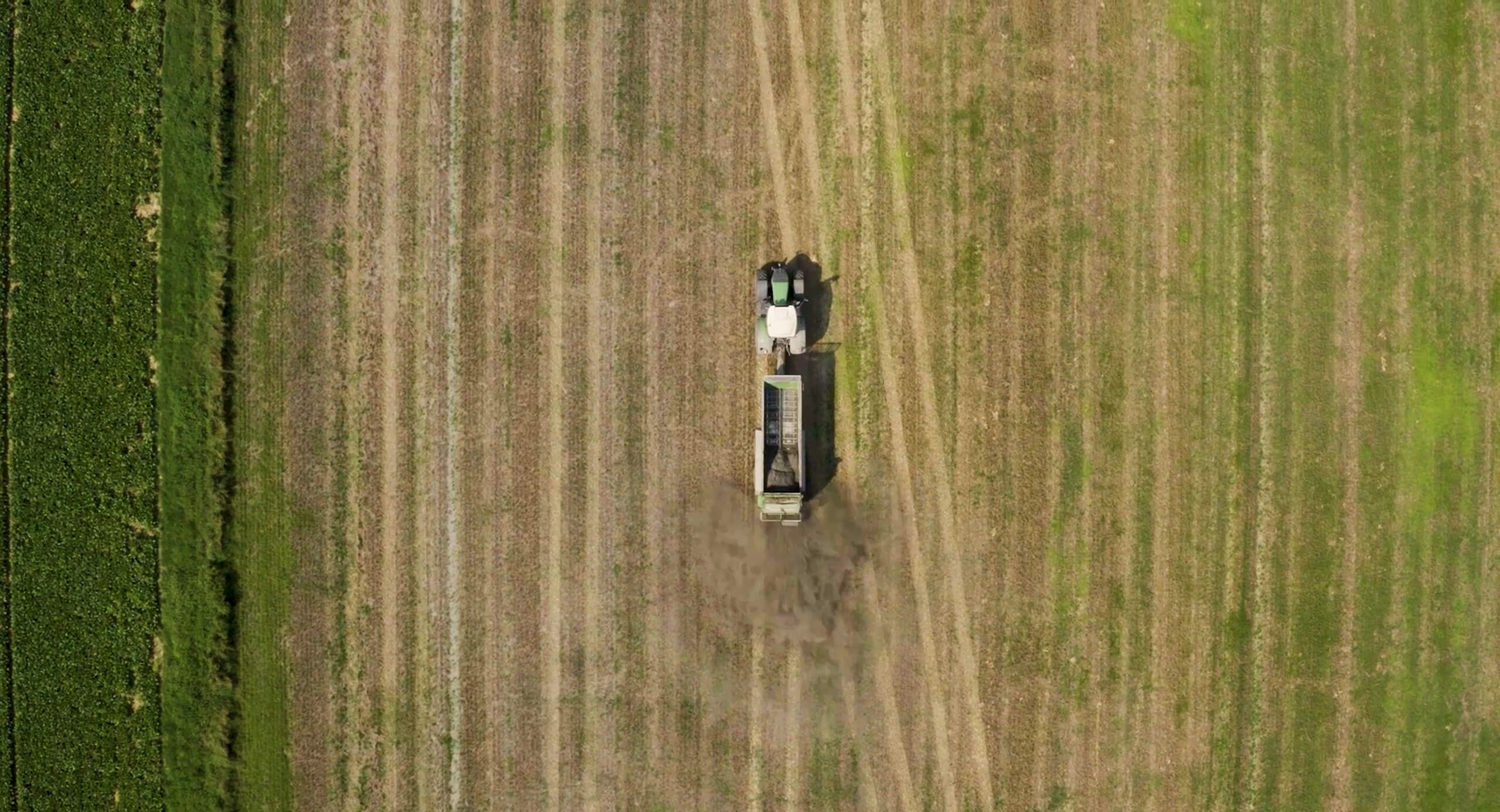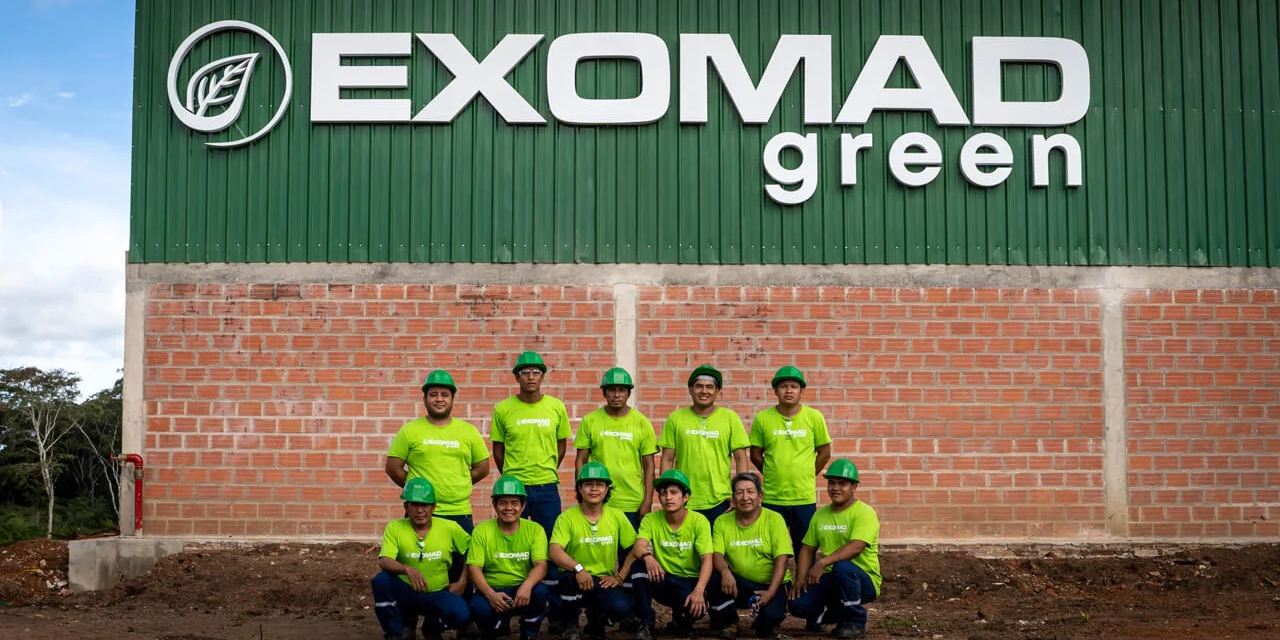Klim
Klim helps local German farmers adopt regenerative agriculture to improve soil health as they capture carbon.
ZeroEx – Enhanced Rock Weathering in Germany
ZeroEx is pioneering enhanced rock weathering while enriching German farm soil through the use of volcanic rock.
Exomad Green – Industrial Biochar in Bolivia
Exomad Green turns excess biomass into biochar at Bolivia's Concepción 1, the world's largest biochar project.
To see more of our high quality projects and portfolios, get in touch.
We are experts in creating long-term high-value carbon strategies.
The world’s most trusted digital carbon marketplace
©2026 Senken.





